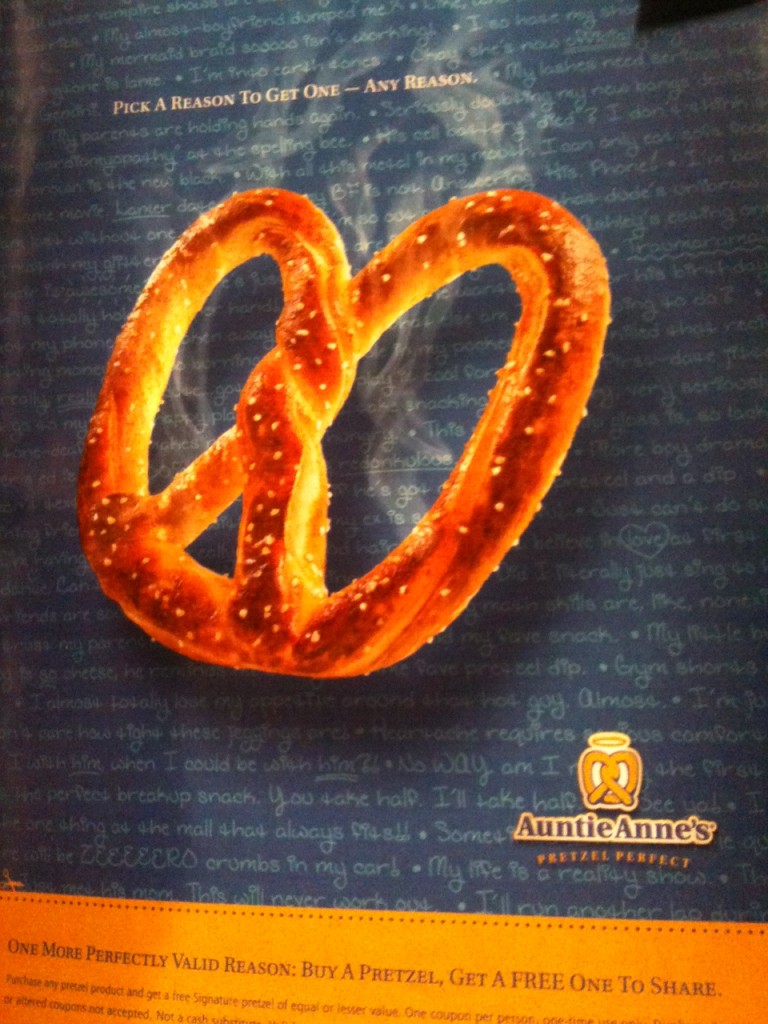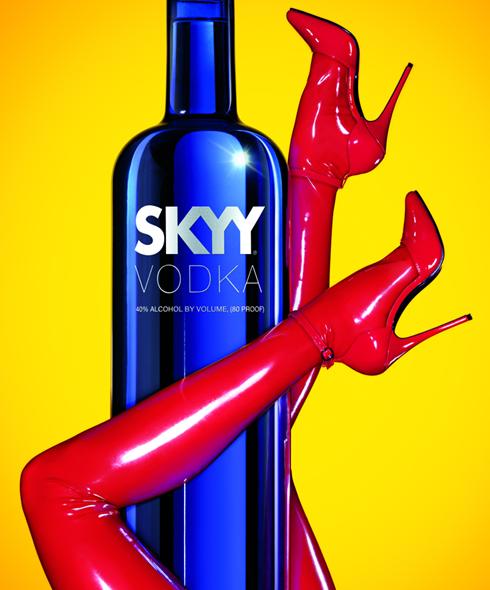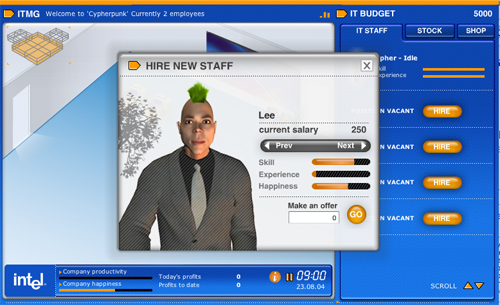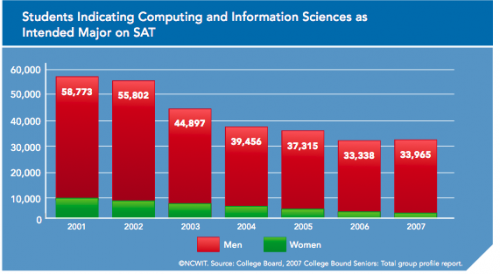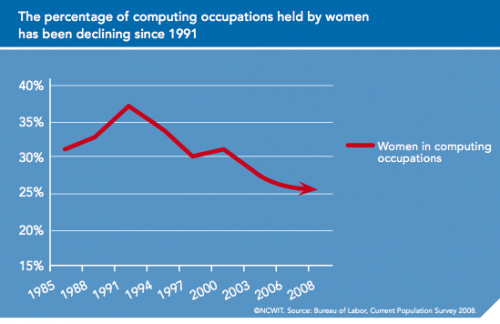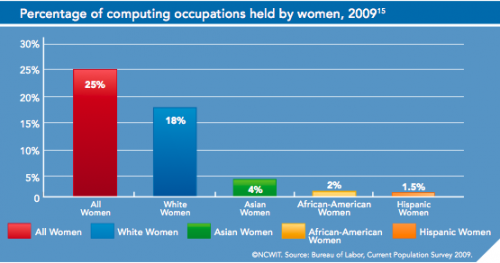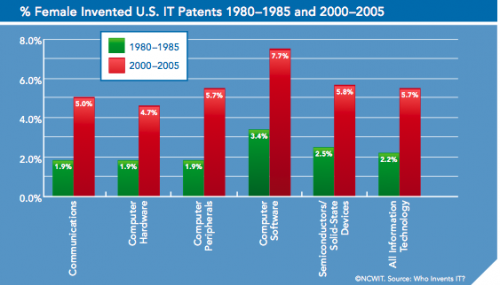Alyssa M. sent in an ad that gives us a window into the advertising aimed at tween and teen girls. The ad, for Auntie Anne’s pretzels (an American chain that appears mostly in shopping malls) appeared in Seventeen magazine. The copy reads “Pick A Reason to Get One — Any Reason” and, in the background, is a long list of reasons.
The ad:
I’ll let Alyssa take it from here:
..the reasons in the background reflect gendered expectations that are placed on [teen girls]. One of the reasons, for example, is “I’ll run another lap during P.E.” This reflects the idea that women should feel guilty about eating food, and that they should make up for eating a salty pretzel by exercising more. It also illustrates that women must justify eating by promising themselves that they will prevent any weight gain, which would stray from the type of woman that society deems best (the thin woman). Another reason provided is that “It’s the one thing at the mall that always fits!!” This again reflects the social necessity for women to be thin, as it implies that women are concerned with the fact that clothes at the mall are often too small, which implies that the women are too large. This ad very much focuses on girls’ size and waistlines and illustrates that a thin girl is the best girl, and that to be accepted by society, teen girls must act in accordance with this expectation.
Another theme seen throughout the ad is that food can be consumed in order to ease the emotional pain of a traumatic event such as a breakup. For example, two other reasons given are that “My almost-boyfriend dumped me” and “It’s the perfect breakup snack.” Both suggest that a breakup warrants an unhealthy indulgence like a pretzel, but this also implies that unhealthy foods like this are only acceptable during a bad experience like a breakup. Eating is okay when you need it to comfort yourself, but if you are not going through such an experience, then you need to watch your weight and “run another lap during P.E.” Those who break this rule are at risk of being policed by others and losing the body type that society appreciates most. This ad therefore supports the expectation placed on teen girls to be thin and concerned with their weights.
Close ups:


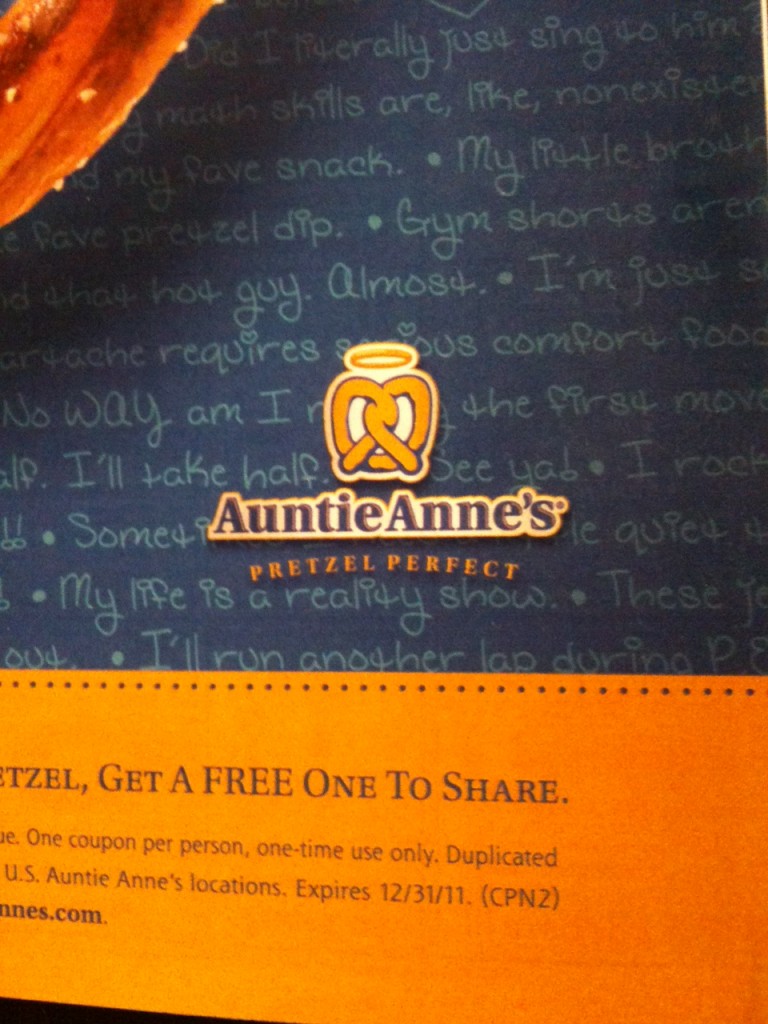
Alyssa’s analysis reminds me of Jamal Fahim’s argument for how chocolatiers convince women to indulge in their product.
Lisa Wade, PhD is an Associate Professor at Tulane University. She is the author of American Hookup, a book about college sexual culture; a textbook about gender; and a forthcoming introductory text: Terrible Magnificent Sociology. You can follow her on Twitter and Instagram.

